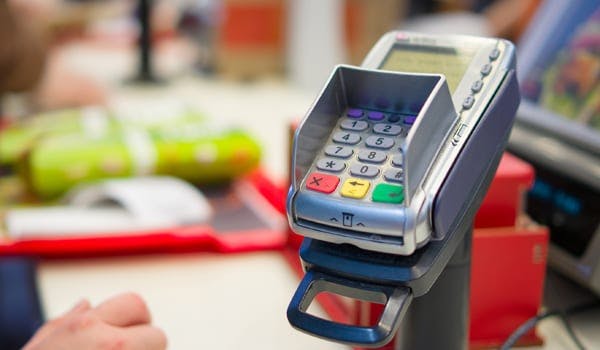Australia’s major financial institutions and card providers have today announced a campaign to expand the use of PIN for payment authorisations on chip-enabled credit and debit cards, phasing out signatures
The ‘PINwise’ campaign is aimed at increasing security at the point of sale – it will not impact contactless transactions for purchases under $100.
Some industries will be more affected by the phasing out of signatures than others, with an estimated 800,000 payment terminals needing to undergo a software update to accommodate the change.
However in most cases these costs will be covered by the terminal’s provider.
Russell Zimmerman, Executive Director of the Australian Retailers Association, said the change will not have any negative impact on merchants, and urged business owners not to stress about increasing PIN usage or the costs of updating technology.
“Almost every Australian retailer currently takes PIN at point of sale, few, if any will actually have to put in new equipment. Businesses that prefer to take a payment at table, such as restaurants, pubs and cafes, may need to consider new technology,” Zimmerman said.
“Most venues rent their terminals and their financial institutions will cover the cost of replacing the equipment. I don’t see any real costs hitting merchants,” he added.
Zimmerman said the real change lies in shifting behaviours, as many consumers use the signature over a PIN as a matter of habit. The majority of Australia’s credit and debit cards are already PIN enabled.
PINwise spokesperson, Nicole Pedersen-McKinnon, said at the core of the campaign, is the goal of further protecting businesses and their customers from fraud.
“The Industry Security Initiative is working with relevant trade associations to ensure that PIN usage is not disruptive. This includes early education of affected businesses to ease any changes that may be necessary,” Pedersen-McKinnon said.

